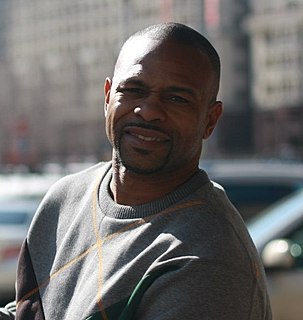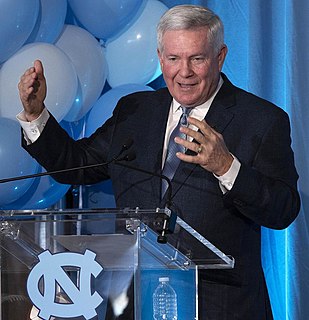A Quote by John Lahr
'The New Yorker's' drama critics have always had a comparable authority because, for the most part, the magazine made it a practice to employ critics who moonlighted in the arts. They worked both sides of the street, so to speak.
Related Quotes
I think as you get older, you realize there's always going to be critics. Critics are going to win every time because they can change their critique based on the stats and their own personal feelings. It's less about proving people wrong, the critics wrong, and it's more about challenging myself to keep this level up.
I read reviews of critics I respect and feel I can learn something from. Right now there are a lot of bottom-feeder critics who just have access to a computer and don't necessarily have an academic or cinema background that I can detect, so I tend to ignore that and stay with the same top-tier critics that I've come to respect. I like reading a good review - it doesn't have to be favorable, but a well-thought-out one - because I very much appreciate the relationship of directors and critics.
Some of Mr. Gregory's poems have merely appeared in The New Yorker ; others are New Yorker poems: the inclusive topicality, the informed and casual smartness, the flat fashionable irony, meaningless because it proceeds from a frame of reference whose amorphous superiority is the most definite thing about it they are the trademark not simply of a magazine but of a class.



































